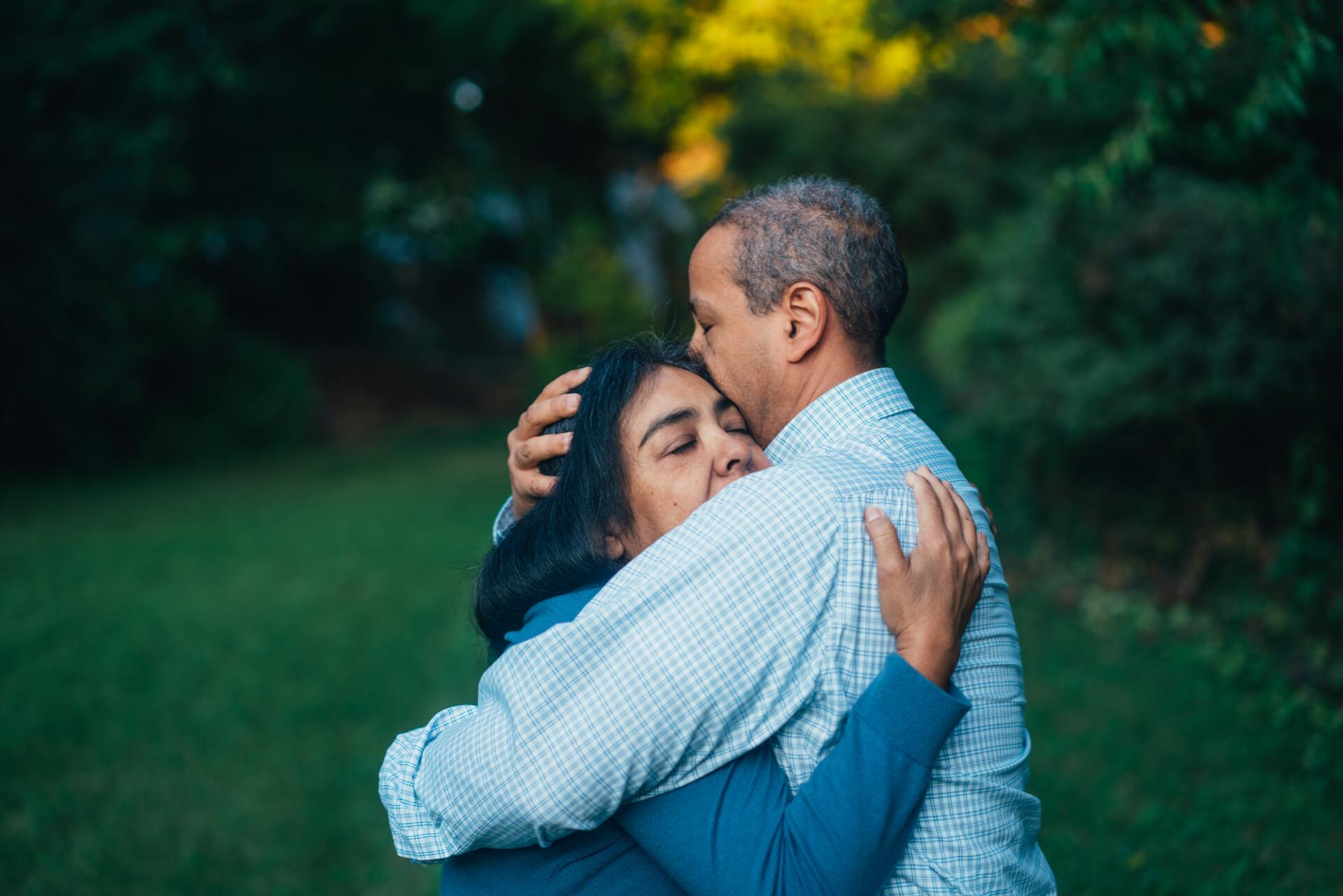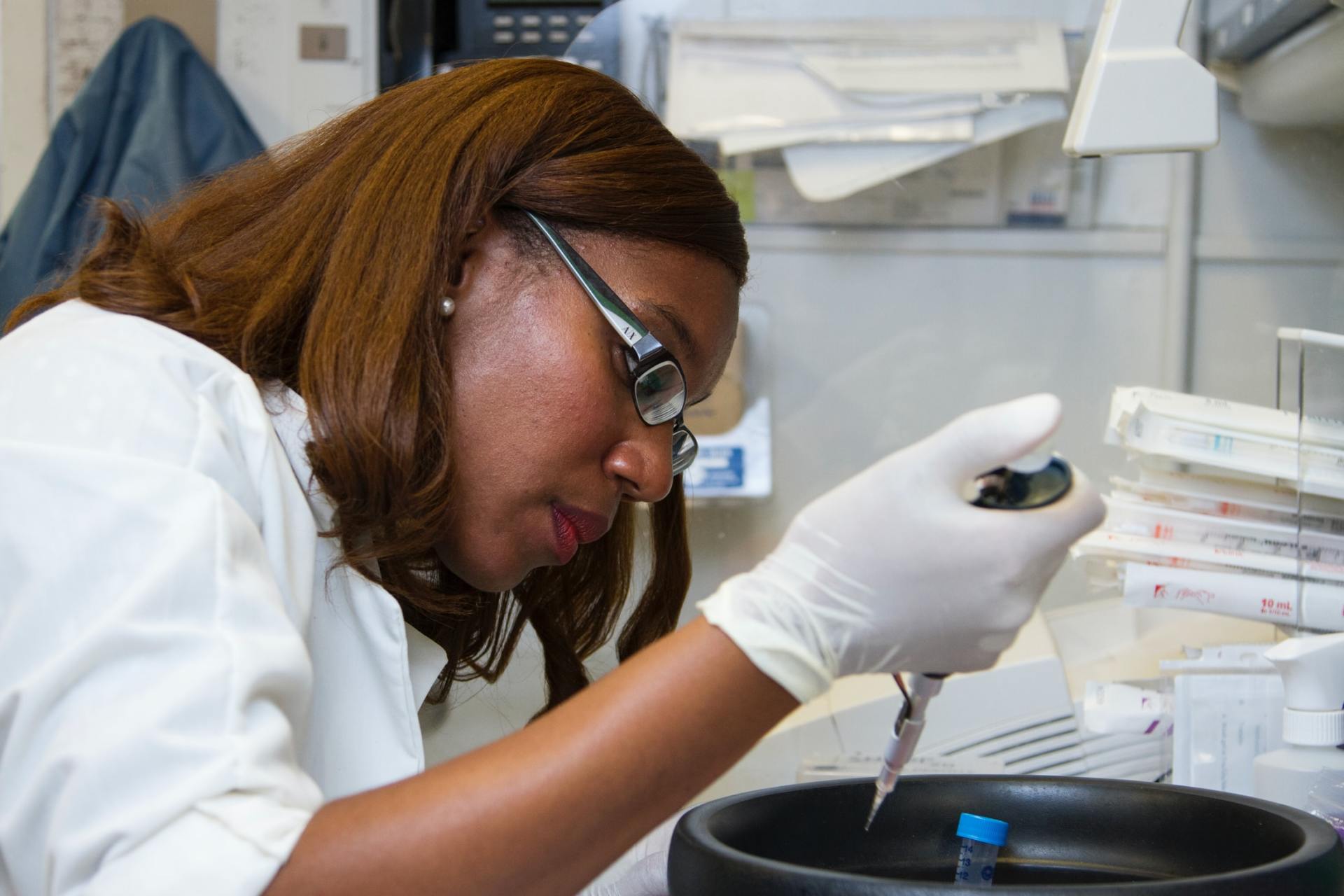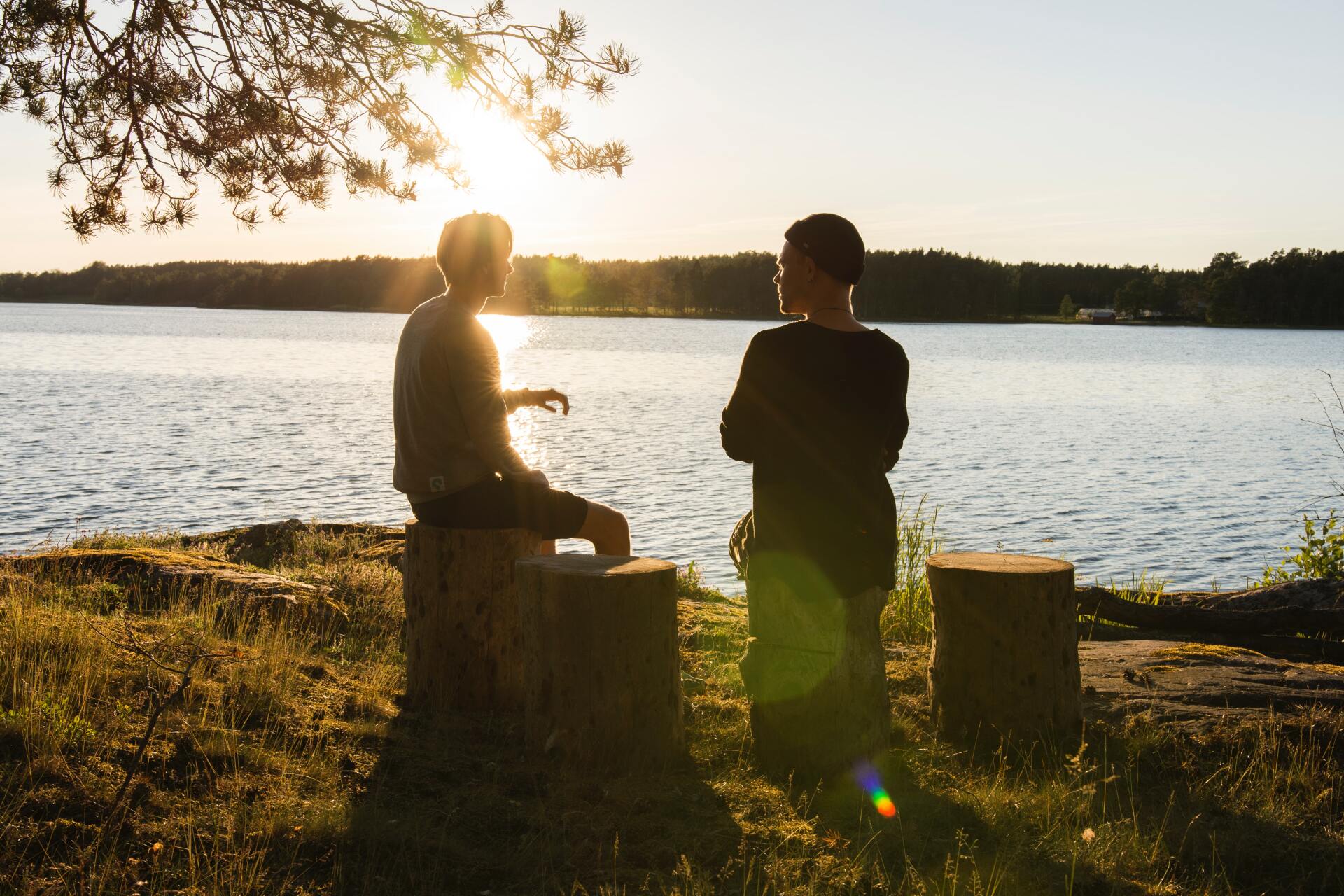Wellbeing Workshop 1: Growing your Own Gratitude
This is the first instalment of our new series, ‘Wellbeing Workshops’. Here, you’ll find everything you need to know about wellbeing, including what it is, what the science has to say about it, and – most importantly – what you can do to improve it. This week’s theme is ‘gratitude’, which has been shown to directly influence a person’s feeling of wellbeing. (1)
Have you ever been told to ‘look on the bright side’? Ever tried your hardest to feel thankful for what you had, and, whilst on one level you were, on another you were left with the pervasive feeling that ‘things could definitely be better?’. Us too. And, we’d be willing to bet, many other people have felt the same.
It’s not easy to see the positives when the negatives are loudly making themselves known. Often, we’re only aware of what we had when time and reflection grant us their own unique perspective. We feel most grateful for our health when we are ill, for our loved ones when we miss them, and for our everyday freedom when we are forced to isolate.
But sometimes, when we’re better, when our days look the way we wished they would when we were down, we forget. Sometimes the mundanity of life causes us to lose sight of how lucky we are to be loved, and free, and healthy. How do we change that?
There is a common misconception that gratitude is something that just… happens. If we’re good, happy people, we just walk around all the time feeling thankful. Like in the movies, life’s beauty just hits us when we’re least expecting it. Repeatedly. Whenever something good happens. Yeah, right!
In fact, we’re hard-wired to notice life’s challenges over its gifts (2). After all, if humanity had spent its existence paying exclusive attention to what it did have instead of what it didn’t – to the beauty of a situation rather than its danger – we wouldn’t have survived, much less prospered.
If we are to begin to experience gratitude as a daily, perhaps involuntary state, we have to train ourselves. We have to rewire our survival-orientated brains.
It starts with indulging consistently in a simple, deliberate exercise. As Michelle Fredman writes here, an essential part of moving forward – of improving and maintaining our wellbeing – is acknowledgement.
Start with a pen and a piece of paper.
Seat yourself somewhere comfortable; wherever you can get to that inspires a sense of serenity, love, or pride,
and think.
What are you grateful for?
What do you have now that you didn’t before? What have you learnt?
What do you have that others don’t? What would someone from 10, 100, or 1000 years ago be amazed that you could do?
When you’re done, read over your list. Then, put it on your fridge, on your mirror, or by your bed, and every day (at a similar time of day) add something to it.
The way to be more grateful, and ultimately to start to improve your wellbeing, is to train yourself to pay more attention to life’s positives. Only then will they start to make themselves obvious.
If you found this exercise helpful, then please let us know via one of our social media pages (we’re on Instagram and Facebook). We love to hear about how you’re doing!
Thanks so much for reading, everyone. Have a lovely day!
Bec
References:
1.) Alkozei et al, 2018. Gratitude and Subjective Wellbeing: A Proposal of Two Causal Frameworks. Journal of Happiness Studies. 19: 1519–1542. https://link.springer.com/article/10.1007%2Fs10902-017-9870-1
2.) VeryWell Mind, 2020. The Negativity Bias. https://www.verywellmind.com/negative-bias-4589618




